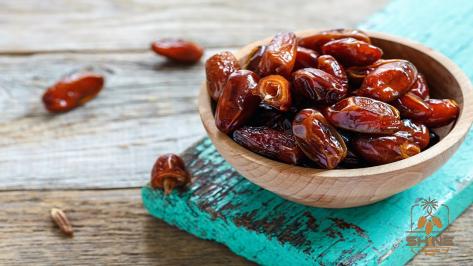Being one of the diabetics tempts one to eat sugar and sweet date fruits. But they are worried if they can consume them every day and without any problem.
If you have diabetes, your body will have trouble turning the food you eat into usable energy, and this difficulty will not go away with time. Your body will turn the majority of the food you eat into glucose, and then distribute that glucose throughout your body.
Glucose is a type of sugar. When there is an increase in the amount of sugar in the blood, the pancreas will respond by producing more insulin.
Insulin, which functions like a key, enables glucose in the blood to access cells where it may then be transformed into usable energy. Diabetes leads directly to a reduction in insulin production as well as an inability to make effective use of insulin.
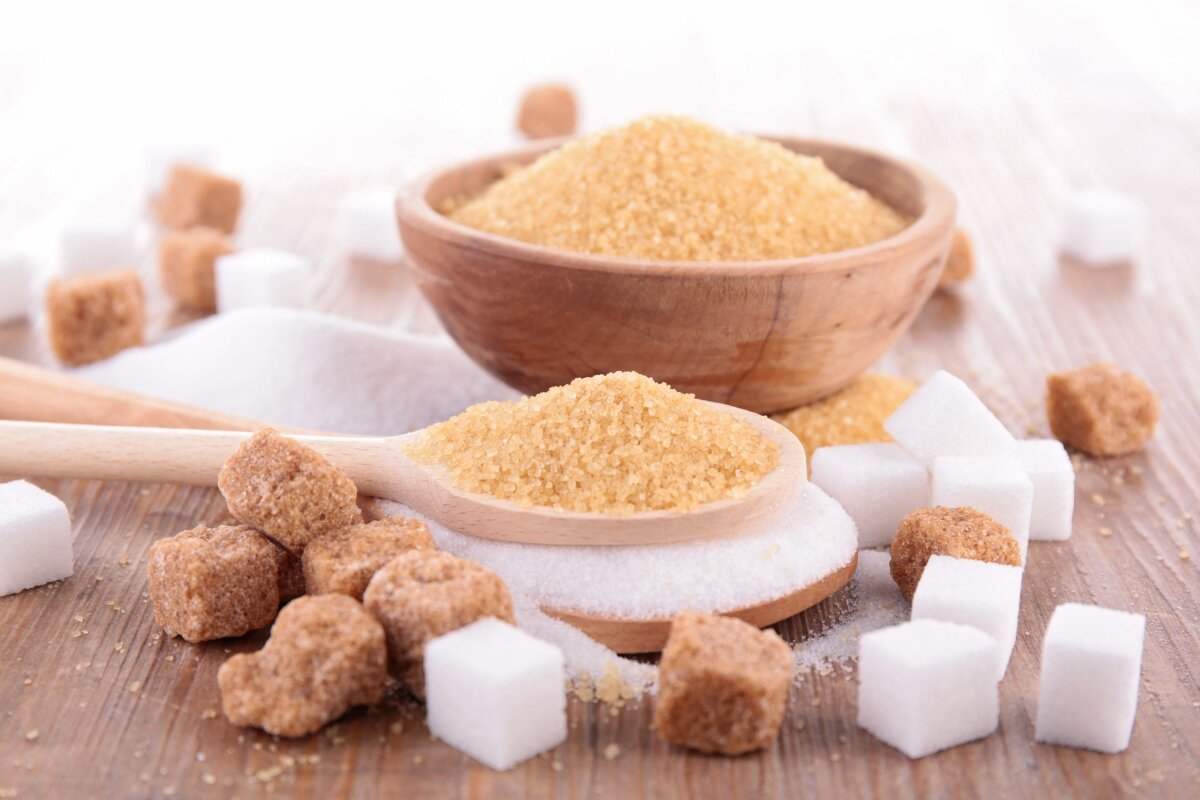
When cells are unable to respond to insulin or when insulin levels remain consistently high, the result is blood glucose levels that are not reduced.
This can lead to a variety of serious health problems, some of the most serious of which are kidney failure, blindness, and heart disease.
The three forms of diabetes include gestational diabetes, Type 1 diabetes, and Type 2 diabetes (diabetes while pregnant).
It is possible that an autoimmune reaction is to blame in certain instances for the development of type 1 diabetes (the body attacks itself by mistake). As a consequence of this interaction, the synthesis of insulin is inhibited.
There are between 5 and 10 percent of people who are diagnosed with diabetes have type 1. The symptoms of type 1 diabetes can appear all of a sudden.
Children, teenagers, and young adults make up a disproportionate share of the population that is impacted. People who have type 1 diabetes are required to inject themselves with insulin on a daily basis. At this time, there is no known treatment or cure for type 1 diabetes.
It is more difficult to maintain appropriate blood sugar levels when a person has type 2 diabetes because their body has trouble manufacturing or responding to insulin. This makes it more difficult to control their blood sugar levels.
The vast majority of people who are diagnosed with diabetes have type 2 of the disease.
Due to the fact that it has a late start, the majority of people have already reached the age of maturity by the time they are given a diagnosis of it (but more and more in children, teens, and young adults).
If you are at risk for diabetes but do not feel sick at all, you should get your blood sugar checked on a regular basis. If you are at risk for diabetes but do not feel sick at all.
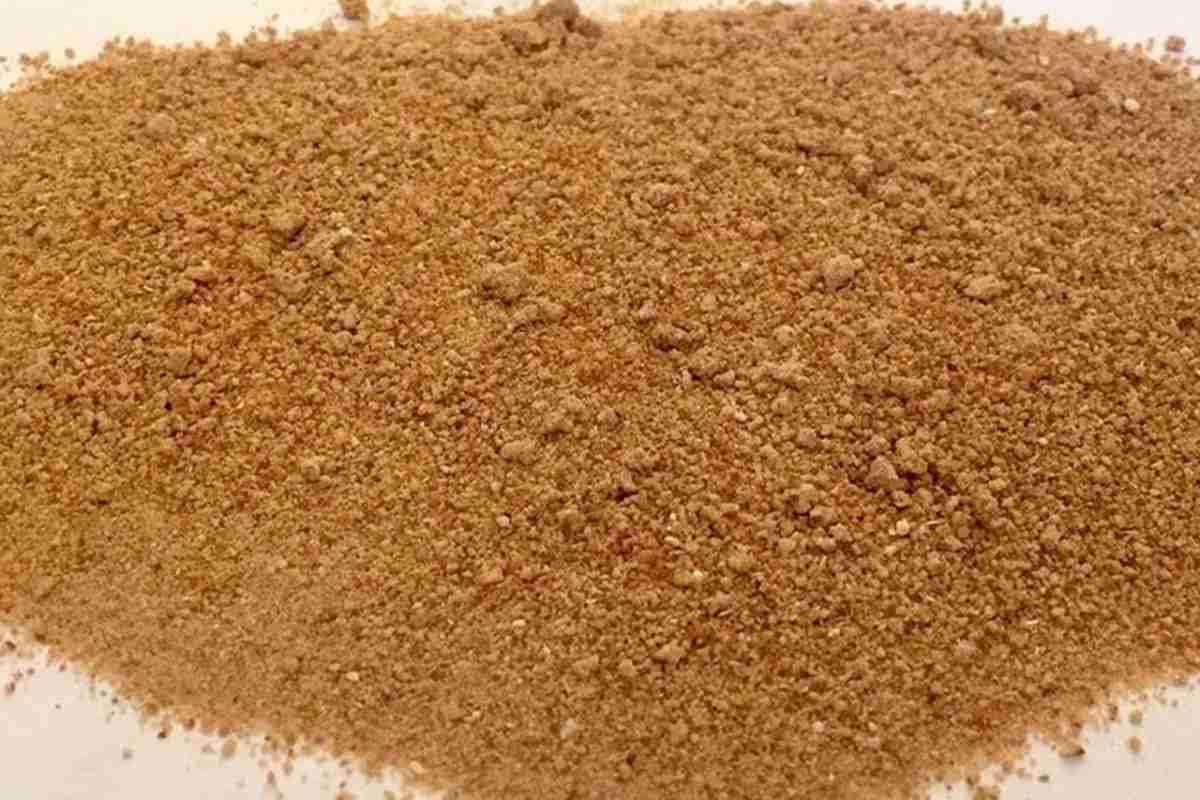
It is possible to stave off or put off the onset of type 2 diabetes by leading a healthy lifestyle, which should include engaging in regular physical activity, maintaining healthy body weight, and eating a balanced diet.
Even women who have never been diagnosed with diabetes are not safe from getting gestational diabetes during their pregnancies. If you have gestational diabetes, there is a possibility that your child will be at an elevated risk for problems.
The good news is that most women who have gestational diabetes report a significant improvement in their symptoms after giving delivery. On the other hand, it raises the probability that you may acquire type 2 diabetes at some point in the future.
If your child is overweight while they are younger or younger adults, this puts them at a higher risk for having type 2 diabetes as well as becoming overweight later in life.
Your genes as well as the way you live your life are two of the many things that can play a role in determining whether or not you will develop diabetes.
Diets low in carbohydrates are typically advocated for individuals who have been given a diagnosis of prediabetes, diabetes, or high blood sugar. This happens because carbs produce a rise in the amount of sugar in the blood.
If you have diabetes, you can still enjoy sweets, but you will need to keep a close eye on how the sweets affect the amount of glucose in your blood. All sweet delights and confections are featured in this offering.
Diabetes is a condition that develops when either the generation of insulin or its proper utilization is impeded. Diabetes is a condition that is experienced by some individuals who also struggle with the aforementioned issues.
Problems with insulin are a potential cause of hyperglycemia, also known as high blood sugar. This condition can be fatal and result in organ damage.
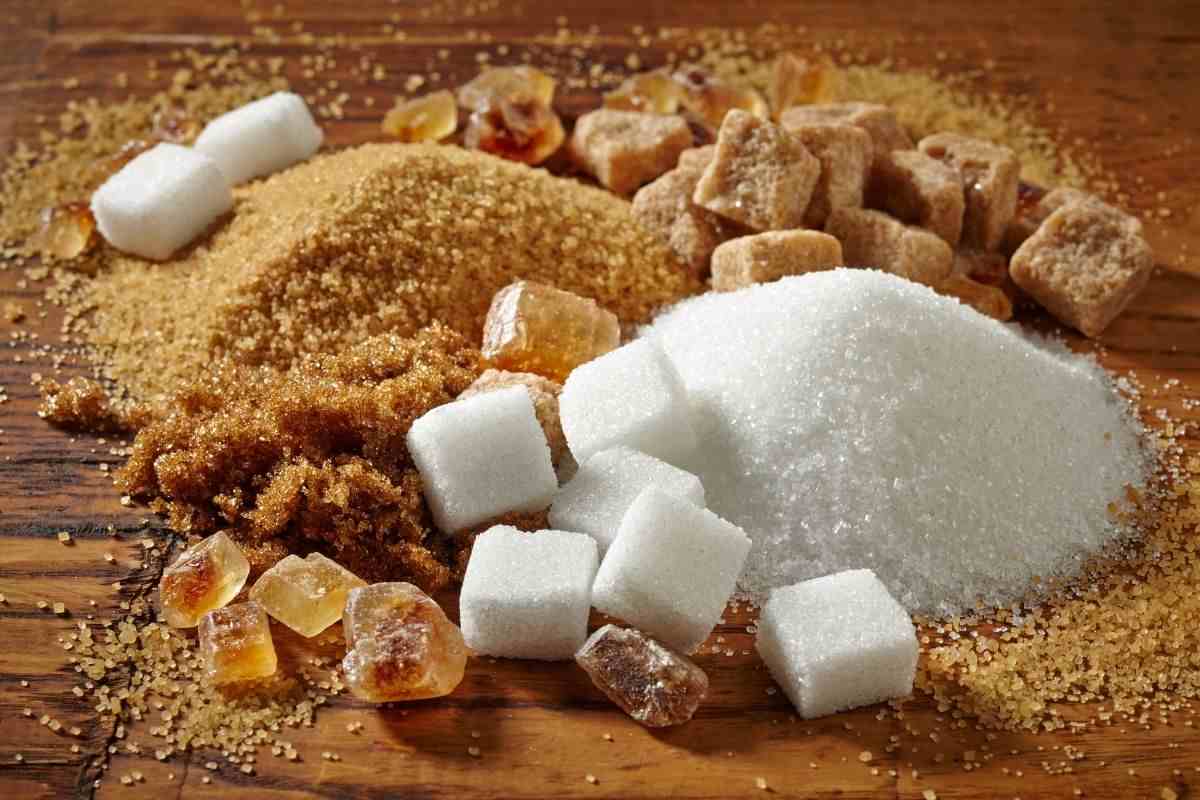
Consuming foods that are high in carbohydrates can cause an increase in the amount of sugar in your blood. Those who struggle with diabetes or high blood sugar should cut back on the number of carbohydrates that they consume.
On nutrition labels, the term “carbohydrates” refers to both simple and complex carbohydrates, in addition to fiber. There are several different compounds that can be used to increase the sweetness of foods such as salad dressing, breakfast cereal, and yogurt, amongst others.
Certain meals, such as fruits and vegetables, have sugars that are produced by the body on their own. On the other hand, sugar can be found in a wide variety of processed foods and desserts.
On product labels, sugar is frequently not included as one of the primary ingredients.
Instead, the following will be incorporated into the plan: Sugar types consist of maltodextrin, white granulated sugar, sucrose, dextrose, fructose, high-fructose corn syrup, lactose, and sucrose. They can also be found in malt syrup and sucrose.
Consuming these sugar sources that are based on carbohydrates will cause a rise in the amount of sugar found in the blood.
The likes of cookies, sugary cereals, marinara sauce, flavored oatmeal, cakes, chips, pies, puddings, yogurt, sports drinks, premade smoothies, candy, ice cream, and a wide variety of other sweets and desserts all contain these elements.
Cookies, sugary cereals, marinara sauce, flavored oatmeal, cakes, chips, pies, puddings, and yogurt all contain these elements.
Because they are absorbed so much more quickly than complex carbohydrates like whole grains and starchy vegetables, simple sugars can cause a rapid increase and fall in blood sugar levels. This is due to the fact that simple sugars are absorbed in a considerably higher rate.
Products that have a high percentage of added sugars also typically have a high amount of carbohydrates, which makes it more difficult to keep a balanced level of blood sugar.
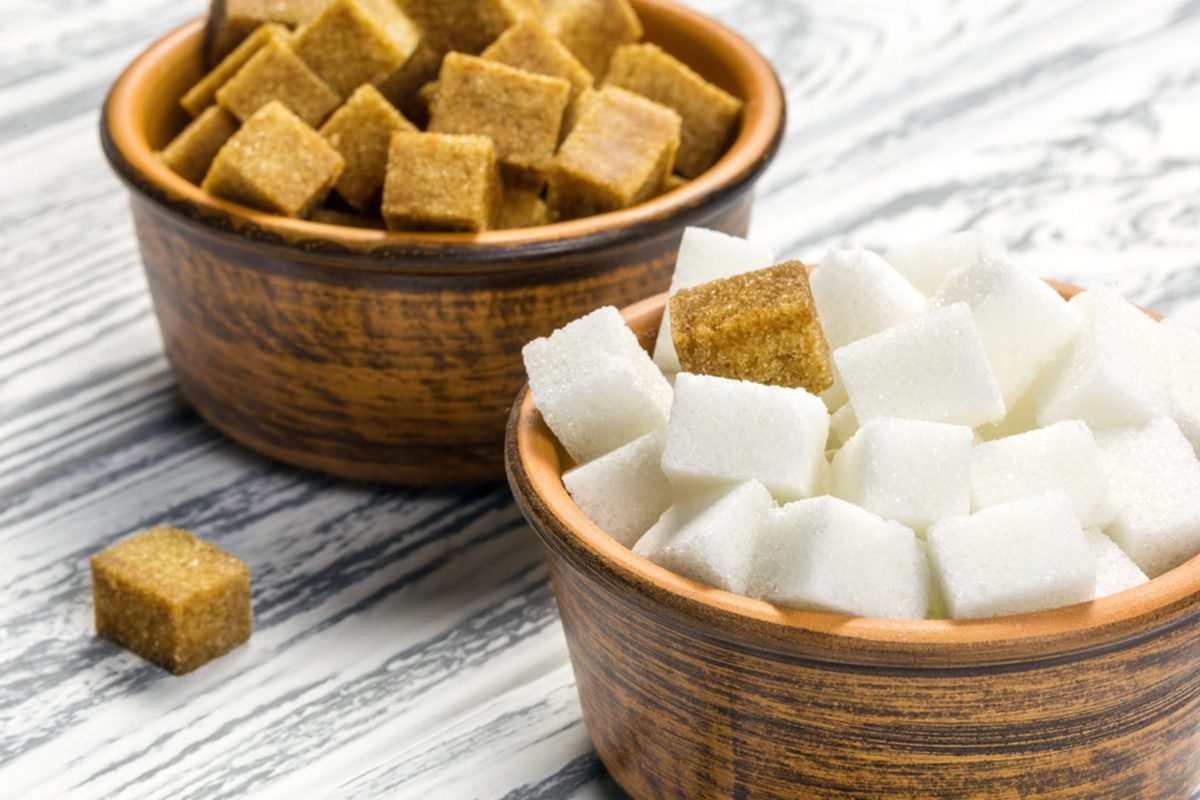
In response to the requirements of diabetics, the food industry has produced various sugar-free alternatives.
These sugar substitutes, regardless of whether they are synthetic, natural, or modified, have a negligible to nonexistent impact on the amount of sugar in the blood.
Consuming these nutrients in moderation will help you get the recommended daily limit of carbohydrates without drastically raising your blood sugar levels.
This is because the body processes these nutrients more slowly than other foods. Monk fruit sweeteners and stevia are two examples of naturally occurring sweeteners (Truvia or Pure Via).
It is strongly recommended that you stay away from sugar substitutes that contain saccharin (Sweet’N Low) or aspartame (Equal). In a study that was conducted in 2020, it was shown that the insulin resistance of diabetics increased over time if they regularly consumed certain foods.
The management of diabetes can be made easier by having accurate information regarding the types of foods that do and do not contain sugar.
There are many different types of dates, each of which has its own unique Glycemic Index value (GI). Dates of several common types have a glycemic index (GI) that ranges from 44 to 53.
Meals that have a low glycemic index (GI) do not create a sharp spike in blood sugar levels, and as a result, they are generally healthier for your health.
Dates provide 75 grams of carbs for every 100 grams that are consumed. Dates, on the other hand, are excellent for diabetics since they include a high amount of fiber, vitamins, and minerals such as potassium, iron, magnesium, calcium, manganese, and vitamin B6.
Dates also contain a moderate amount of sugar. Additionally, dates are an excellent source of antioxidants. Therefore, it is legitimate to draw the conclusion that those who have diabetes can still have pleasure in dating.
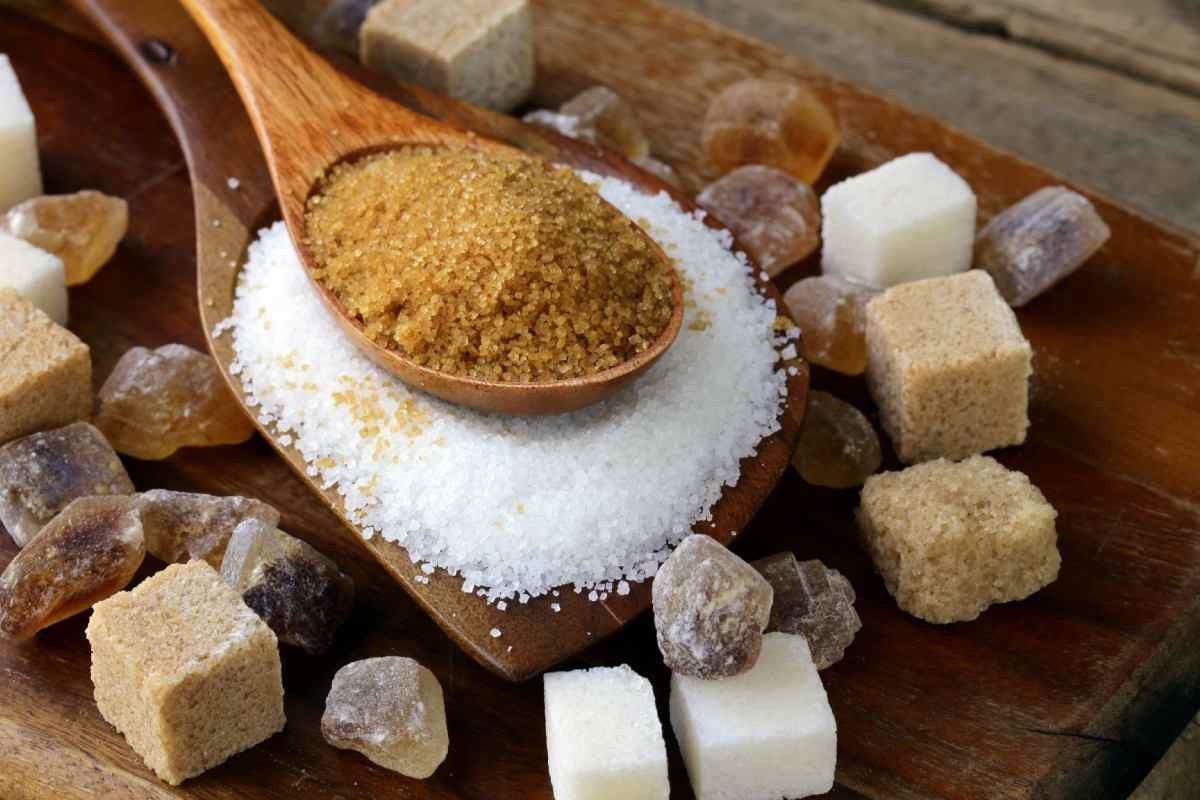
Dates have a low glycemic index (GI), which means that eating them in moderation is not likely to result in a sharp increase in blood sugar levels.
They help regulate blood sugar thanks to the high fiber content, which does this by decreasing digestion and the body’s ability to absorb glucose. Dates are an excellent source of the mineral magnesium, which lowers the risk of developing type 2 diabetes.
Dates are a great source of fiber and don’t provide much of a digestive challenge. After eating them, you will continue to feel energized and content for a considerable amount of time due to the high concentration of naturally occurring sugars that they contain.
Dates make an excellent choice for a snack because they may be had whenever the craving strikes. Eat a few dates that have been soaked in water along with some almonds right before you go to the gym.
Eating some dry fruits in the afternoon, such as dates, can help you feel more alert when you start to feel sleepy in the middle of the day. If you blend them up into a smoothie in the evening, you won’t feel hungry again until it’s time for supper.
Summary
Diabetes makes insulin production go down and makes it hard for the body to use insulin properly. Most people with diabetes have diabetes type 2. (diabetes while pregnant).
People as young as children and as old as young adults can get type 1 diabetes. Insulin acts as a key that lets glucose get into cells and be turned into useful energy. An example of a type of sugar is glucose.
If you are at risk for diabetes but don’t have any symptoms yet, you should have your blood sugar checked regularly. Type 2 diabetes can be avoided or put off if you lead a healthy life.
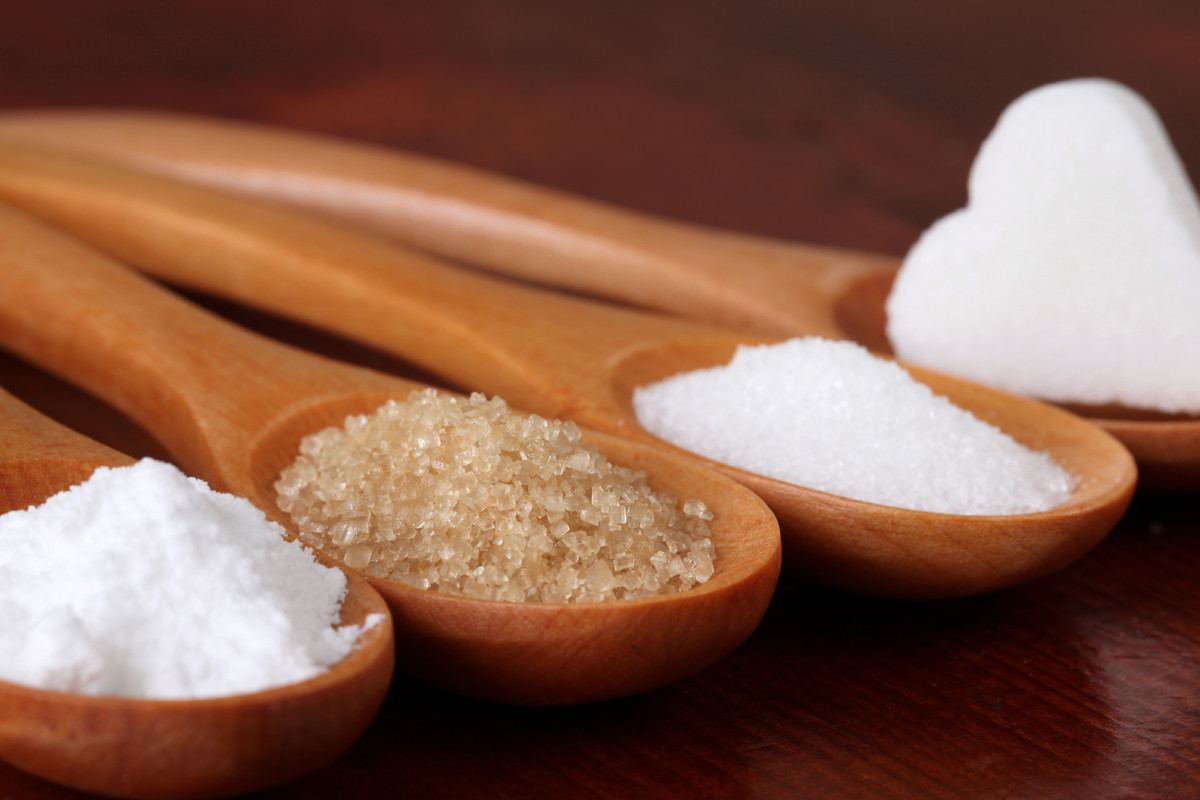
People with prediabetes, diabetes, or hyperglycemia are often told to follow a low-carbohydrate diet.
On food labels, the word “carbohydrates” refers to fiber as well as simple and complex carbs. Some foods, like fruits and vegetables, have sugars in them that are made by nature.
Sugar types include maltodextrin, granulated white sugar, fructose, high-fructose corn syrup, lactose, and sucrose.
After eating these carbohydrate-based sugar sources, the amount of sugar in the blood will go up. Natural sweeteners include Stevia and Monk Fruit, which are both used as sweeteners (Truvia or Pure Via).
A study done in 2020 found that diabetics’ insulin resistance got worse over time if they ate certain foods on a regular basis.
Dates have a low glycemic index (GI), which means that eating them in moderation won’t cause a big rise in blood sugar. This makes them a good snack for people with diabetes.
Dates are a great food for diabetics because they are high in fiber and nutrients like potassium, iron, magnesium, calcium, manganese, and vitamin B6.
